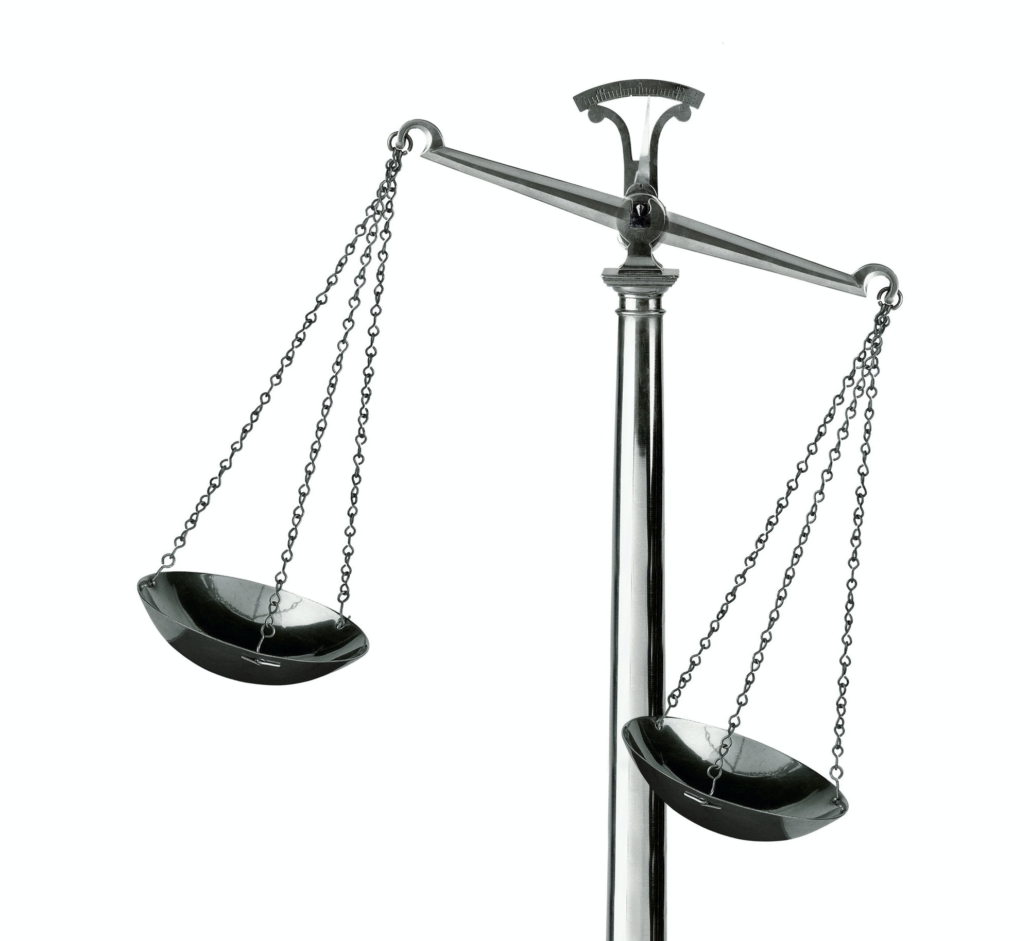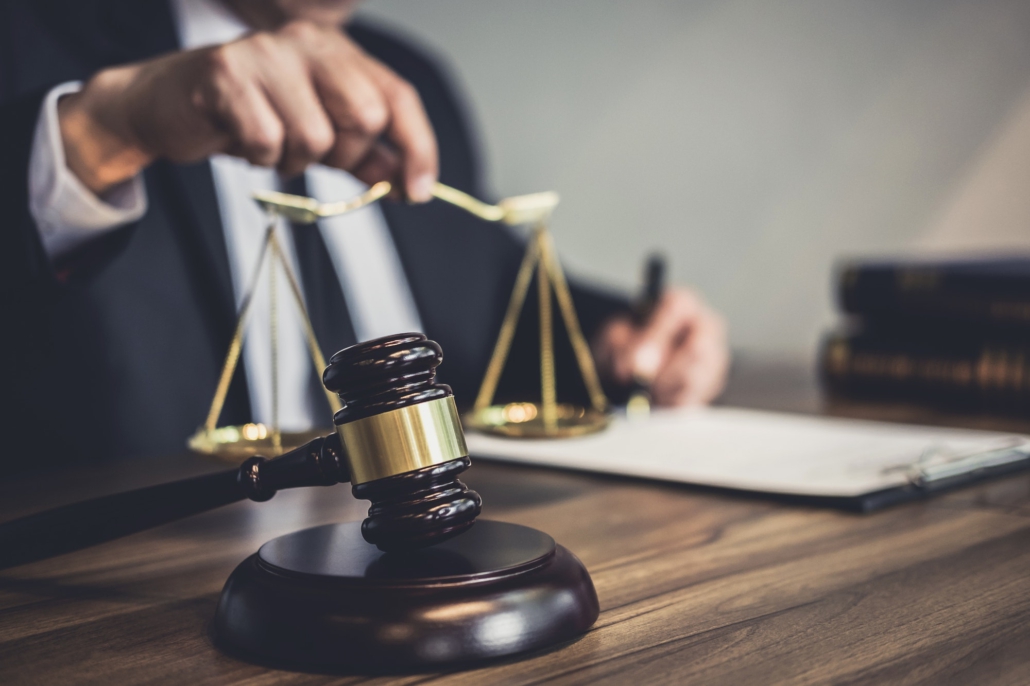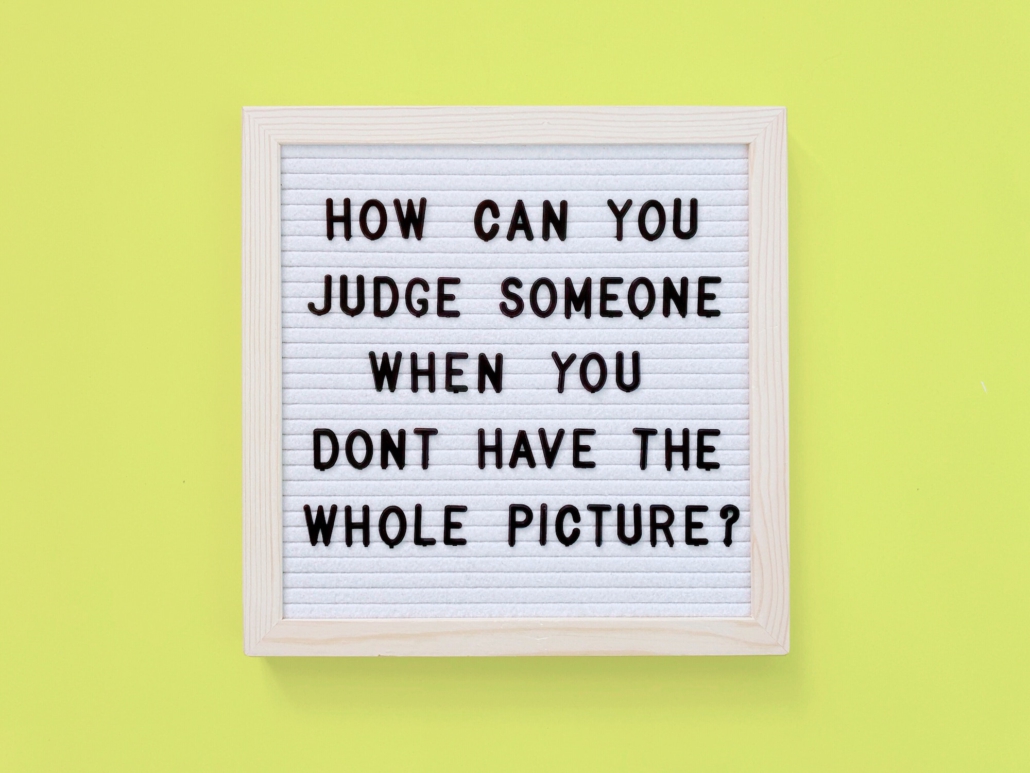ZPO guide: Submission of evidence after the taking of evidence
/in Nicht kategorisiertLEGAL+ NEWS

The Federal Court of Justice generally sets strict requirements for the existence of the prerequisites for a rejection of a party’s submission due to delay.
In a case of practical relevance, an appellate court had conducted a taking of evidence and then, as is customary, granted the parties a certain period of time to comment on the results of the taking of evidence. Within this period, the party providing evidence referred to a witness who had not yet been named. The court of appeal wrongly disregarded this request for evidence and wrongly ruled that it was late, as the BGH found in its decision of March 23, 2021 (case no. II ZR 80/20). The reason for this is that the opportunity to comment on the results of the taking of evidence is tantamount to an indulgence in pleadings, thereby postponing the conclusion of the oral hearing.
The judgment
The BGH stated:
(…)
Article 103 (1) of the Basic Law obliges the court to take note of and consider the submissions of the parties to the proceedings. In this sense, Art. 103 Para. 1 GG in conjunction with the principles of the Code of Civil Procedure requires the consideration of significant requests for evidence. The non-consideration of a significant offer of evidence violates Article 103 (1) of the Basic Law if it is not supported by procedural law (established case law, BGH, decision of October 20, 2020 – VII ZR 577/19, NJW-RR 2021, 58 marginal no. 9 with further references).
The Court of Appeal was not permitted to reject the defendant’s request to take evidence from his wife as a witness pursuant to Section 296a ZPO.
Contrary to the opinion of the Court of Appeal, the defendant did not submit the request for evidence after the conclusion of the oral hearing. The Court of Appeal also gave the defendant the opportunity to comment on the taking of evidence and granted a deadline for written submissions, which the defendant complied with. By granting a deadline for written submissions, the conclusion of the oral hearing is extended for the affected party with regard to the admissible reply until the deadline expires (see BGH, judgment of April 21, 2015 – II ZR 255/13, NJW-RR 2015, 893 para. 12).
The timeliness of the request for evidence cannot be called into question because it would have been an inadmissible submission with regard to the time limit. The right to comment on the result of the taking of evidence also includes the right to submit new requests for evidence (BGH, judgment of October 25, 2013 – V ZR 147/12, NJW 2014, 550 marginal no. 25 with further references).
The considerations of the Court of Appeal that the defendant was obliged to submit his request for evidence earlier are irrelevant. These statements are irrelevant for the requirements of Section 296a ZPO . The extent to which these circumstances can justify a rejection of the submission of evidence on the basis of other preclusion provisions (§ 531 Para. 2, §§ 530, 296 Para. 1, § 525 Sentence 1 in conjunction with §§ 282, 296 Para. 2 ZPO) does not need to be decided here. §§ Sections 282, 296 (2) ZPO), no decision is required here because the Federal Court of Justice, as the appellate court, is prohibited from basing the rejection on provisions other than those applied by the lower court (BGH, default judgment of February 22, 2006 – IV ZR 56/05, NJW 2006, 1741 para. 12; decision of March 21, 2013 – VII ZR 58/12, NJW-RR 2013, 655 para. 11).
(…)

My rating:
The judgment must be upheld, as the assumption of delay has far-reaching consequences for the party concerned. In the present case, the Court of Appeal’s reasoning for the assumed delay was not supported by the Code of Civil Procedure. The BGH did not have to decide on other grounds for delay that the Court of Appeal had not taken into consideration.

LATEST ARTICLES

On the bias of judges in civil proceedings: If judges do not read a party’s pleadings, this can justify a motion for recusal!
Following on from my overview article on the application for recusal pursuant to Section 42 ZPO, I would like to report on an interesting ruling by the Higher Regional Court of Karlsruhe. According to this ruling, a judge’s failure to read the pleadings submitted by a party can give rise to concerns of bias. In the case in question, a judge had overlooked an application for recusal directed against him, as he had forwarded the pleading containing it unread to the opposing party for comment. This violates the so-called duty to wait pursuant to Section 47 (1) ZPO, according to which only “official acts that cannot be postponed” are permitted from the filing of an application for recusal until it has been dealt with.

BGH on the legal consequences of thwarting evidence
In legal disputes, it often happens that one party makes it difficult for the opposing party to provide evidence. In these cases, the question then arises as to whether and, if so, with what legal consequences it can be assumed that evidence has been obstructed.

Guide to procedural law: Easier way to claim damages for exhaust gas manipulation – On the BGH ruling of June 26, 2023 (Ref. Via ZR 335/21)
This article attempts to classify and evaluate the current ruling of the Federal Court of Justice (BGH) of June 26, 2023 (Ref. Via ZR 335/21) on the subject of compensation for damages due to emissions manipulation by car manufacturers.
CONTACT

+49 (40) 57199 74 80
+49 (170) 1203 74 0
Neuer Wall 61 D-20354 Hamburg
kontakt@legal-plus.eu
Benefit from my active network!
I look forward to our networking.
This post is also available in: DE

